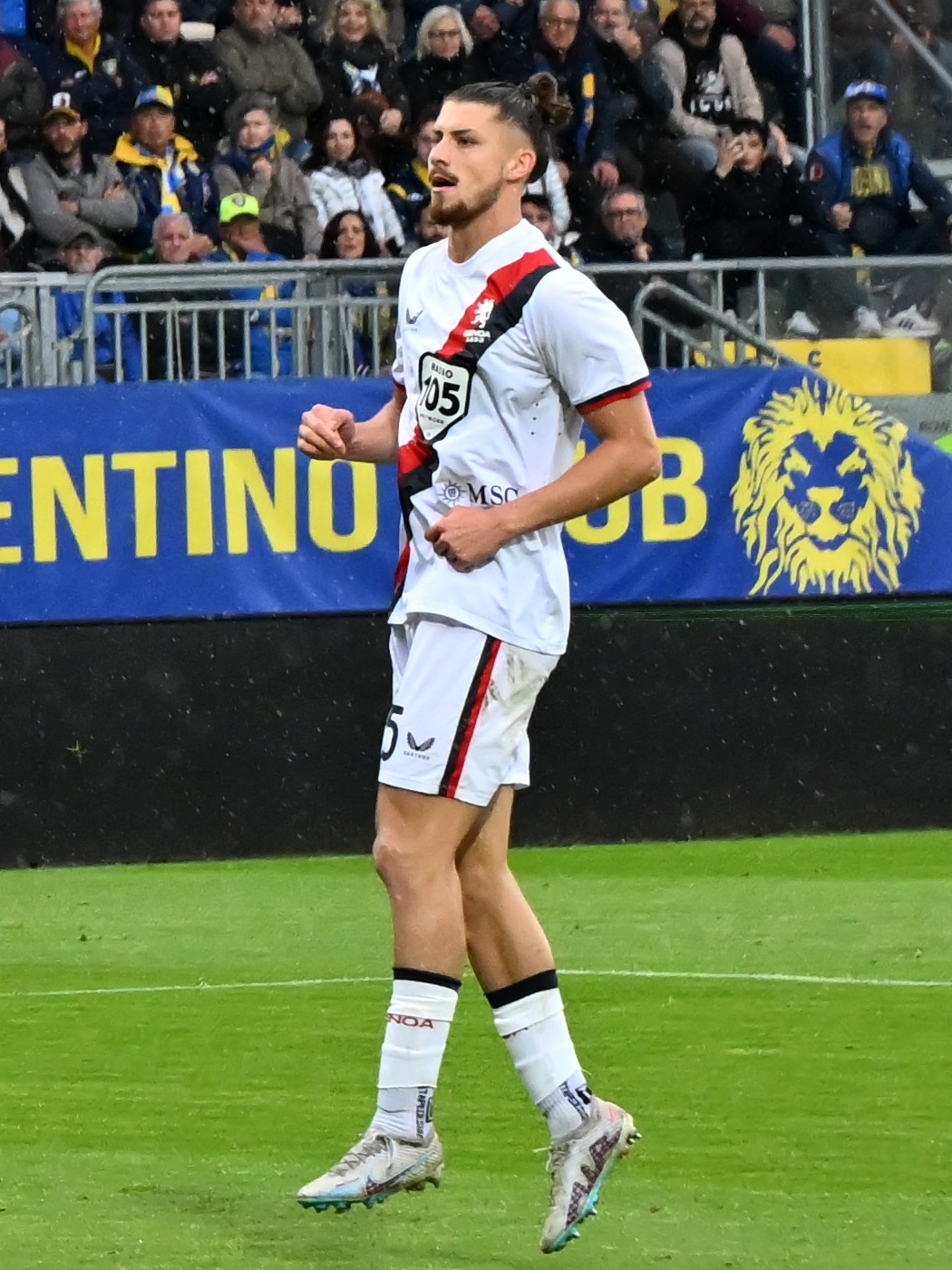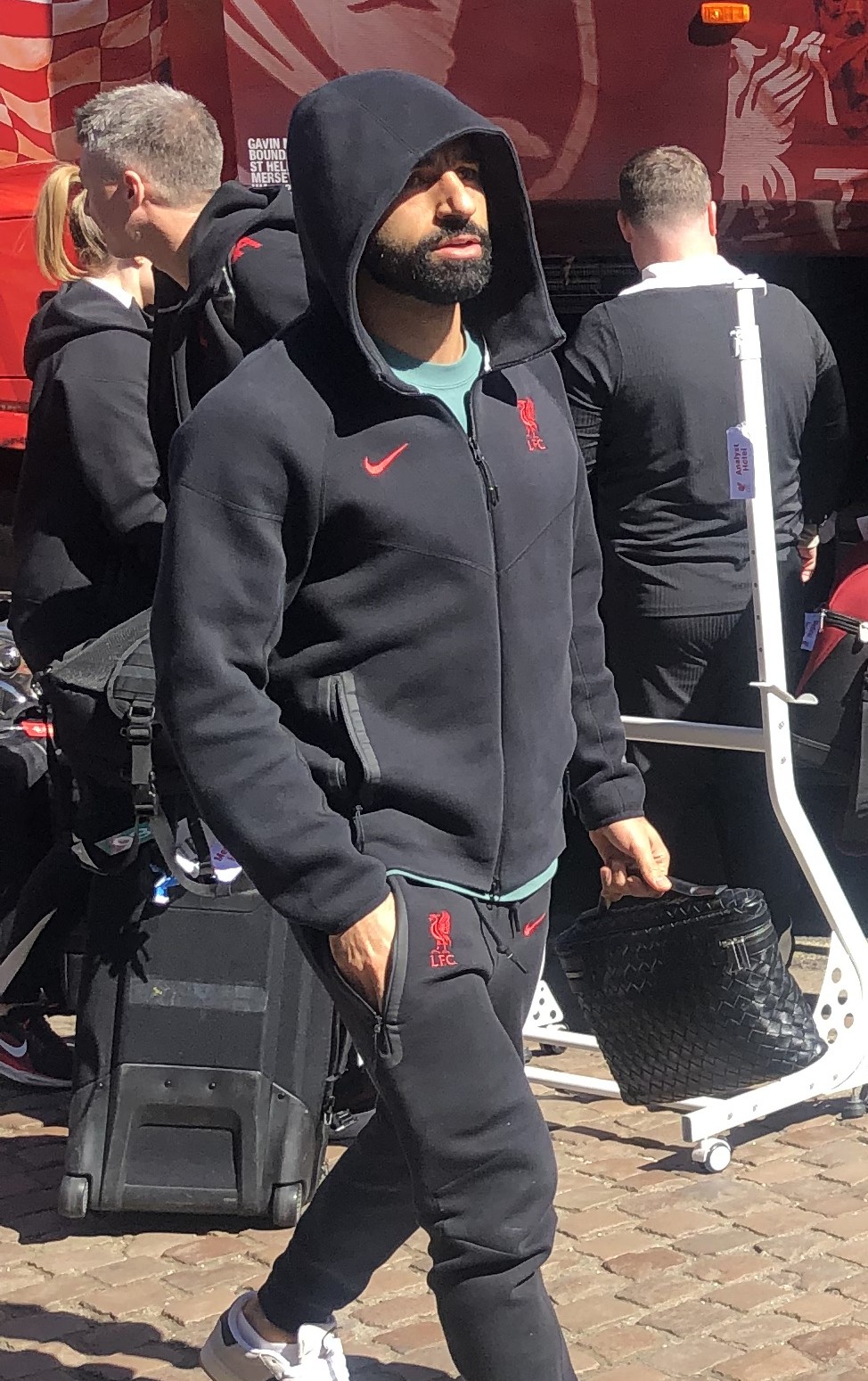Background: The Transition from Inzaghi to Chivu
In June 2025, Inter Milan appointed Cristian Chivu as their new head coach, replacing Simone Inzaghi, who left after a tumultuous finale (a 5‑0 loss to Paris Saint‑Germain in the Champions League final) and joined Al Hilal.
Chivu signed a deal through 30 June 2027.
His appointment is notable: he is a club legend (played for Inter 2007–2014) and had long been involved in Inter’s youth setup (managing U14, U17, U18, Primavera teams) before stepping into senior management.
Before this, Chivu’s only senior coaching experience was at Parma (from February 2025), where he navigated them to Serie A safety, accruing 16 points from 13 matches.
So the change represented a shift: from an experienced, established coach to a younger, internally developed manager with strong club ties but less senior-level track record.
Changes in Style, Structure & Philosophy
Since Chivu’s arrival, several shifts are visible (or at least signaled) in how Inter operate:
Area Under Inzaghi (Legacy) What Chivu is trying / implementing Commentary & Observations
Tactical flexibility Inzaghi frequently used a 3‑5‑2 / 3‑4‑1‑2 structure, familiar and stable Chivu intends to move toward a more adaptable, multidimensional system, not tied to a single formation.
Some reports say he may abandon rigid use of 3‑5‑2 and focus more on transitions, pressing, and variation.
Physical preparation / intensity Over time, endurance and consistency had become concerns, with late fadeouts in games Chivu is placing emphasis on physical robustness, intensity, rotations, and freshness.
This could mean heavier loads in training, more squad rotation, emphasis on fitness peaks.
Squad selection / unpredictability Under Inzaghi, lineups were often predictable; training clues and patterns gave hints Chivu has introduced the notion of “no guarantees” — players may only learn of starting roles hours before the match.
This “surprise element” aims to keep competition internal and attitude sharp. Some players reportedly don’t know until ~3 hours before kickoff.
Youth integration & internal promotion Inzaghi’s squad was quite established; youth players were used but not central Chivu brings a coaching background with youth; there is talk of more youth opportunities and leveraging internal continuity.
However, major change depends on transfer support; squad overhaul is gradual.
Staff / structure Inzaghi had long-established coaching group Chivu formed a new coaching staff; confirmed staff changes soon after appointment.
The fresh staff is aligned with his vision, though many must adapt to senior-level demands.
Transfer / financial strategy Big, ambitious moves, star signings, expectations for silverware Chivu’s contract (reportedly ~€2.5 m per year) is more modest than Inzaghi’s; club seems to emphasize sustainability and internal growth.
Without strong transfer backing, some tactical or structural ambitions may be tempered.
Here’s a comparative look at how Inter’s numbers in the early 2025–26 season (under Chivu) compare to the 2024–25 season under Inzaghi, plus some interpretations and caveats.
Key Baseline: 2024–25 Season Statistics (Under Inzaghi)
From available data:
In Serie A 2024–25:
• Matches: 38
• Wins: 24, Draws: 9, Losses: 5
• Goals scored: 79
• Goals conceded: 35
• xG (expected goals): ~ 68.94
• Possession: ~ 59.8 %
• Clean sheets: 16
In Champions League 2024–25:
• Goals scored: 26 (average ~1.86 per match)
• Goals conceded: 11 (0.79 per match)
• Passing accuracy: ~ 85.72 %
• Possession: ~ 47.72 %
• Clean sheets: 8
Defensive tendency: In Serie A, Inter conceded ~0.97 goals per match on average (some media sources note this).
These serve as benchmarks for assessing change under Chivu.
Early 2025–26 Season (Under Chivu): Available Stats & Trends
Because the new season is still in progress, available data is limited. But some useful comparative numbers and trends are already visible.
Metric 2024–25 (Full Season) 2025–26 (so far) Interpretation / Notes
Goals conceded per match (Serie A) ~ 0.92 (35 in 38 → ~0.92) ~ 1.33 (8 conceded over 6 matches)
Defensive solidity seems less consistent so far; small sample size matters.
Clean sheet rate 16 / 38 ≈ 42 % 2 / 6 ≈ 33 % (from “clean sheets % = 33 %” in FootyStats)
Slight drop, but early in season.
Conceded 1st / 2nd half split ~0.5 first half, ~0.67 second half (based on FootyStats breakdown for 2024–25)
~0.67 in each half (i.e. symmetric)
Under Chivu, the concession seems more balanced between halves so far.
Champions League (2025–26) goals scored / conceded — (baseline from previous season) 5 goals scored in 2 matches → 2.5 per game; 0 conceded so far
Strong offensive start + perfect defense in CL group matches so far.
Passing / Possession in Champions League Passing accuracy ~ 85.72 %, possession ~ 47.72 %
Passing accuracy ~ 87.5 %, possession ~ 50.5 %
Slight improvements in both passing precision and share of possession in Europe.

